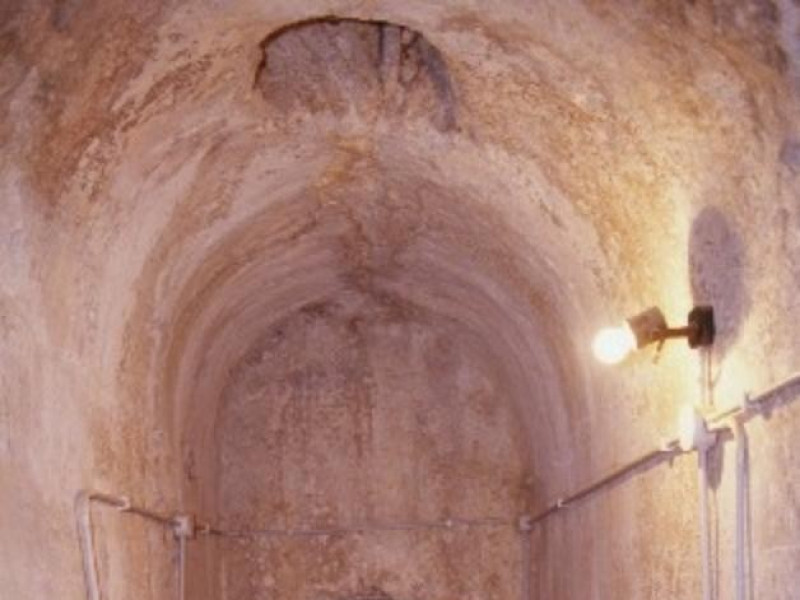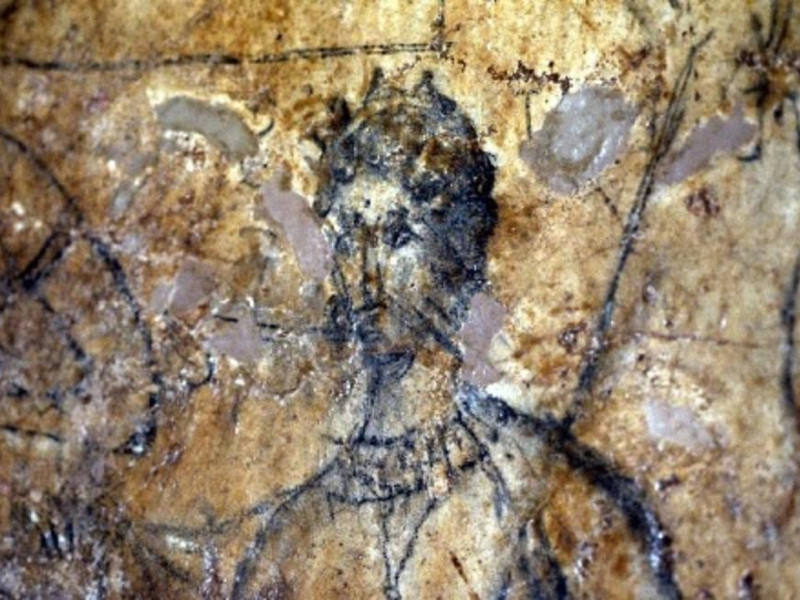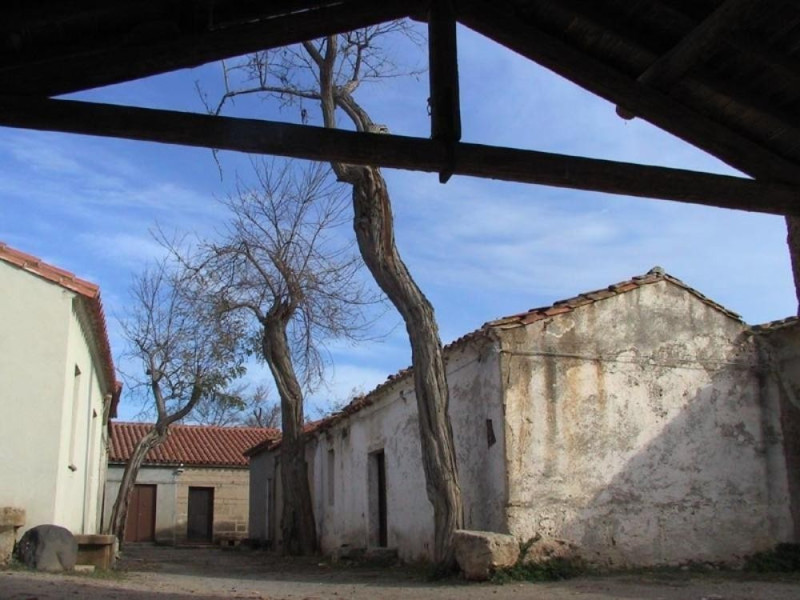Luogo - Archaeological Area
Ipogeo di San Salvatore
Where
Cabras (Oristano)
This hypogeum, partly dug into the rock, is inside the 17th- century church
dedicated to Christ the Saviour in the homonymous village, an important
pilgrimage centre. Frequented from the Middle Neolithic age (4th millennium
BC), this site has been considered a sacred place by
different cultures over the centuries. A sacred well for water cult was dug in
the Nuragic age; in the Punic age this area was dedicated to Sid, the healing
god, and afterwards the Romans adopted the cult of Asklepius, attributing
healing powers to water. Since the 3rd- 4th century AD the hypogeum has been
used as a church. The present site dates back to the last Roman period: the
plan, with several small rooms, is centred around a spring water well, set in a
round domed room with a skylight on the top. In front of it, an apsed room with
two skylights keeps another spring water well and a Nuragic baethyl (sacred
stone). In almost every wall, Punic, Greek, Latin and Arab inscriptions are
still visible together with paintings dating back to different periods, related to
pagan and Christian tradition.
Not accessible to disabled people.



